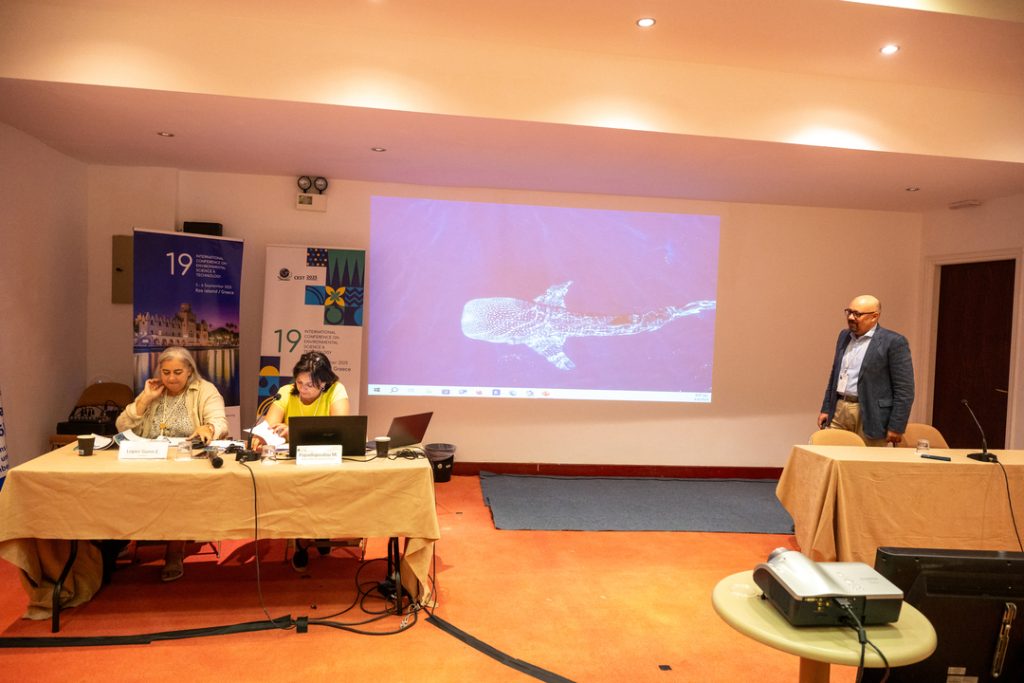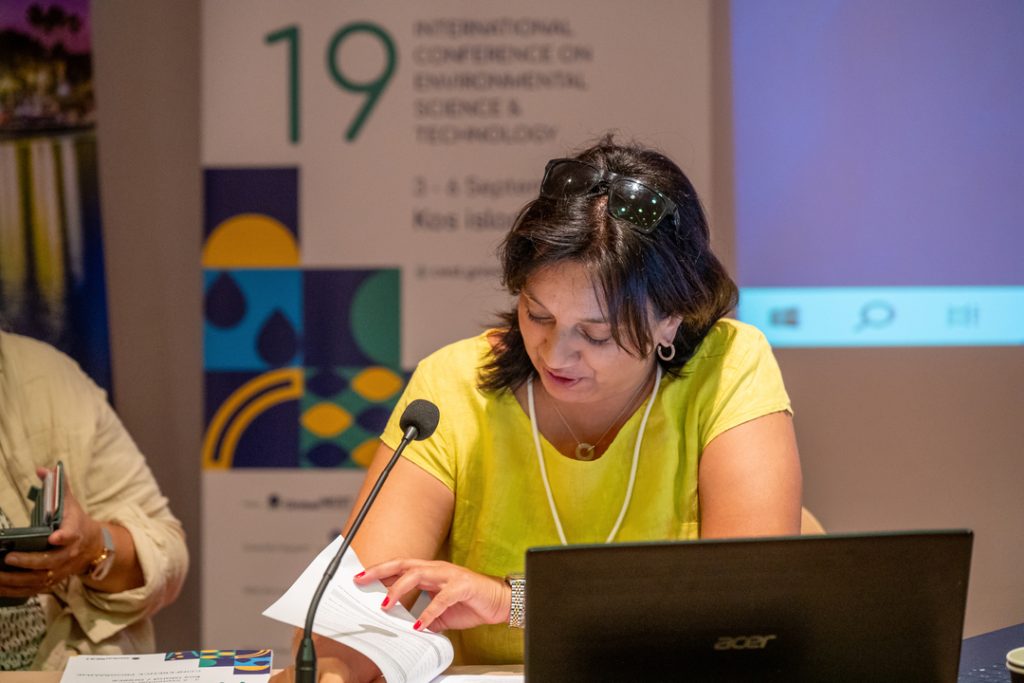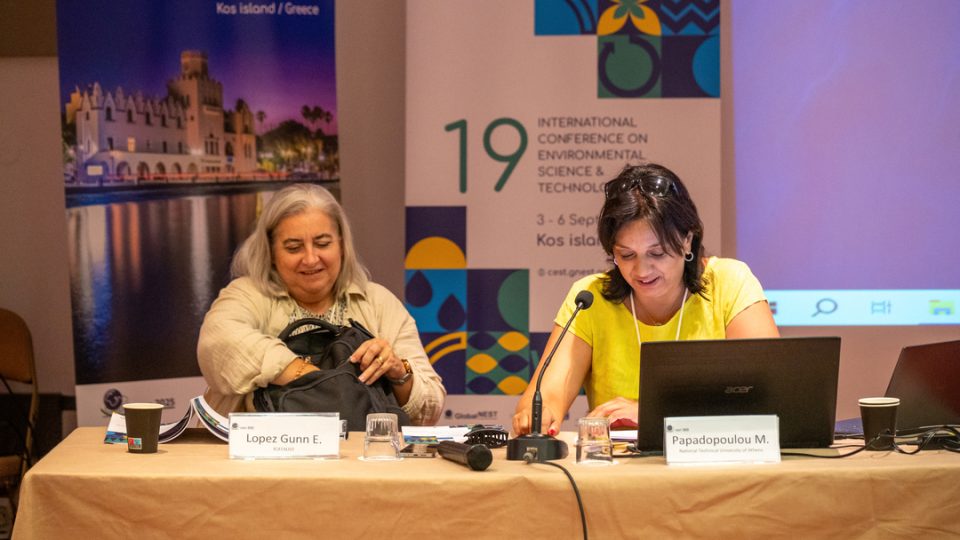International Conference on Environmental Science & Technology (CEST 2025)
The International Conference on Environmental Science and Technology (CEST 2025), hosted by the Global Network of Environmental Science and Technology in collaboration with the University of the Aegean, University of Salerno, and Open University of Cyprus, took place on the island of Kos from September 3 to 6.
The conference addressed the connection between climate change, water resource depletion, wastewater treatment, and innovative management practices.
It also examined the role of the circular economy in reducing waste, promoting sustainable resource use, and fostering environmental and economic resilience.
Key speakers from around the world participated, including top experts, scientists, entrepreneurs, representatives of public administration, and social initiatives.
Among them, Prof. NTUA, Maria P. Papadopoulou, President of the Natural Environment and Climate Change Agency (N.E.C.C.A.), and Director of our Lab, lectured on the theme “Climate Law implementation: challenges and barriers”.
Abstract
The European Climate Law, initiated in 2021, commits to climate neutrality by 2050 and mandates reductions in net greenhouse gas emissions while emphasizing procedural governance for effective policy implementation.
Greece’s National Climate Law builds on this framework, targeting net-zero emissions with strategies like phasing out coal and enhancing renewable energy.
Greece aims for a 55% greenhouse gas reduction by 2030 and 80% by 2040, monitored through annual reports overseen by the Natural Environment and Climate Change Agency, which has launched a Carbon Footprint Report Submission Platform.
The European Climate Law requires Member States to propose emissions reduction targets and stipulates an EU greenhouse gas budget for the period from 2030 to 2050.
Greece’s updated National Energy and Climate Plan outlines sectoral strategies to achieve its climate goals.
Despite the National Climate Law’s successes, challenges remain, including administrative limitations, public awareness deficits, and the need for coordinated policies.
Ongoing political support and public engagement will be essential for effective implementation and alignment with the EU’s objectives in climate adaptation and mitigation.





